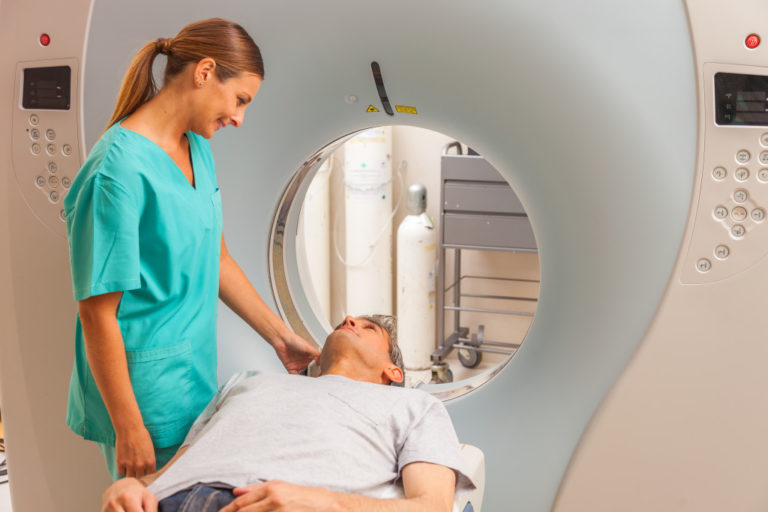Technology has changed how people interact with technology, and it’s also changing how technology is helping to improve their health outcomes. Today, technology seems to be everywhere—from our phones to smart refrigerators. This means that technology has also successfully made positive impacts on the healthcare sector.
Technology has made many improvements to people’s health outcomes these days. From technology that helps doctors diagnose cancer quickly to deep tissue laser treatments made possible by technology, more people are achieving better health outcomes these days. Therefore, the benefits of technology can no longer be denied.
Technology for Better Health Outcomes
Technology is a huge part of our daily lives, but not many people realize how much it has helped us improve healthcare outcomes. As technology becomes more advanced, how we care for patients and provide medical treatment will continue to change as well.
Today’s health industry is moving towards digital solutions that can help you be healthier at home or on the go. From fitness trackers like Fitbit to apps that remind you about your medications, there are plenty of tools out there that make managing your health easier than ever before.
Let us explore more ways on how technology has helped people achieve better health outcomes these days:
-
Reduced errors
These days, technology is used in almost every step of the healthcare process. From patient registration to medication ordering, technology has helped reduce human error and improved accuracy. This not only benefits patients by decreasing the chances of them receiving incorrect treatment, but it also helps hospitals and clinics save money on medical mistakes.
-
Earlier detection of health problems
Thanks to technology, healthcare providers can now detect health problems earlier than ever before. For instance, technology has enabled people to keep a track of their daily activity levels using fitness wearables. This way, if there is any drop in performance (which may indicate the onset of certain diseases), patients can seek medical attention immediately without waiting for months or years.
-
Faster response times
Response times have been improved significantly due to technology. For example, in the event of a heart attack, doctors can now diagnose the problem and start treatment within minutes, thanks to technology such as electrocardiograms (ECGs). This has saved countless lives over the years.
-
Greater accuracy
Thanks to technology such as magnetic resonance imaging (MRI), healthcare providers are now more capable of diagnosing and identifying problems in the human body. In many cases, technology has improved diagnosis accuracy by at least a factor of two or even three.
Calling technology such as robotics into play also means that healthcare providers can now perform more complex surgeries than ever before. Today, many surgeons can operate on damaged organs with greater precision because of technology.
-
Enhanced patient experience
The patient experience has also been enhanced because of technology. Patients can now access their health records from anywhere in the world and can communicate with healthcare providers through secure messaging systems. This allows for a more open dialogue between patients and doctors, leading to better health outcomes.
In addition to this, patients in remote areas can now access healthcare services that they would not have been able to get before. For example, patients in rural areas can now get telehealth services, which allows them to connect with doctors and other healthcare professionals through video conferencing. This dramatically improves the patient’s quality of life by giving them access to the same level of care as those who live in the city.
-
Better patient engagement
Patients have become more engaged in their own healthcare thanks to technology. This is because they now have access to more information than ever before. For example, patients can now track their own health data through apps and websites. This helps them become more aware of their own health and allows them to better manage any conditions they may have.
-
Improved communication between doctors and patients
Technology has also helped improve communication between doctors and their patients. As a result, patients can get their questions answered more quickly and effectively. In addition, doctors can now send patients information about their health directly to their smartphones or tablets. This helps patients better understand their condition and treatment plan.
-
Enhanced collaboration among healthcare professionals
Healthcare professionals have been able to collaborate more effectively thanks to technology. This has led to improved patient care and better outcomes. For example, doctors can now share images and videos of patients with other healthcare professionals to get a second opinion. As a result, patients can be treated more quickly and effectively.
Understanding the Benefits of Technology

As you can see, technology has played a significant role in improving people’s health outcomes these days. It is clear that technology will continue to play a vital role in the future of healthcare. Understanding the benefits of technology is essential for improving patient care and achieving better outcomes.













